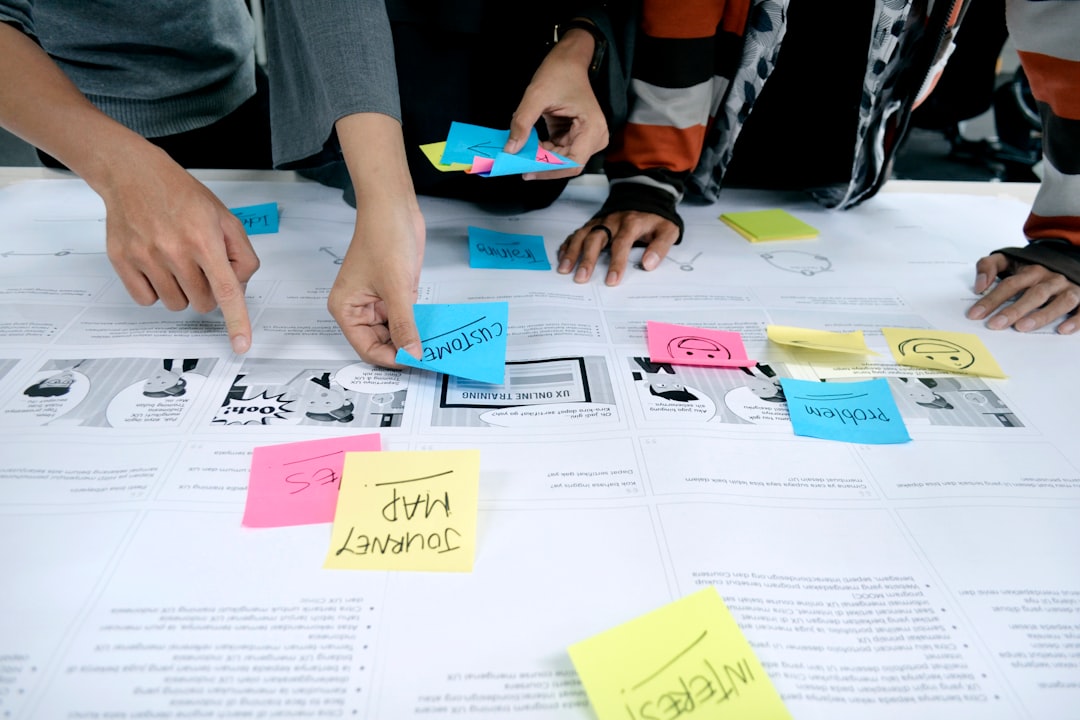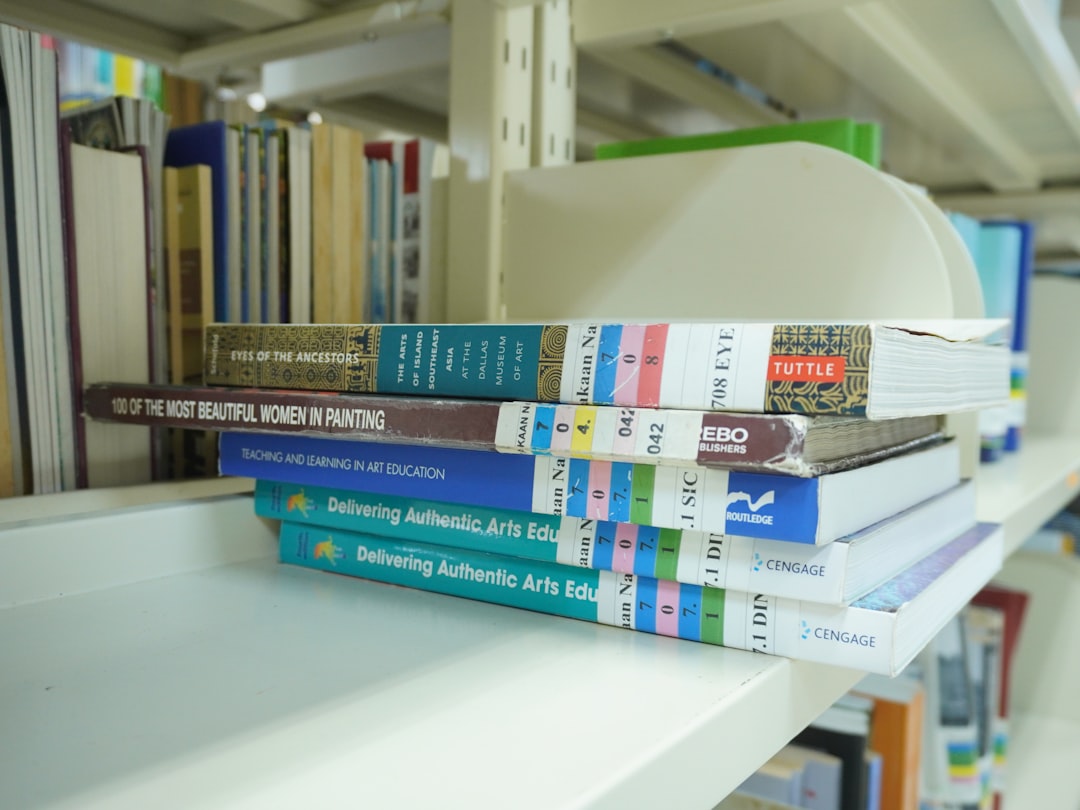In an ever-evolving world, the ability to stay open to new ideas is no longer a luxury—it is a necessity. Whether in business, science, art, or personal development, our mental flexibility often determines whether we grow or remain stagnant. Embracing new perspectives encourages innovation, enhances problem-solving, and builds resilience in the face of constant change.
Receptive thinking is the foundation of learning and leadership. It invites us to challenge existing assumptions, weigh alternative viewpoints, and make room for ongoing self-improvement. Perhaps most importantly, it cultivates empathy and understanding—traits essential for cooperative, meaningful progress in both individual and societal contexts.
The Importance of Intellectual Flexibility
When we shut ourselves off from new ideas, we stop learning. Mental rigidity can trap us in outdated habits, prevent growth, and hinder opportunities. Staying mentally agile is not simply about being agreeable—it’s about having the courage to examine an idea on its merits, regardless of its source or our prior beliefs.
- Innovation thrives on diversity of thought. The most groundbreaking advancements often come from areas of overlap between disciplines, cultures, or philosophies.
- Personal development requires discomfort. Growth rarely comes without challenge. Opening up to alternate viewpoints forces introspection and transformation.
- Effective leadership embraces adaptability. Leaders who remain open to feedback and fresh perspectives make more informed and inclusive decisions.

The Role of Self-Awareness
Being open to new ideas begins with recognizing our natural resistance to change. Evolutionarily, humans tend to favor familiar patterns—it’s safer, more efficient. But this tendency can become a psychological barrier if left unchecked. Receptive thinking requires us to suspend our certainty, even briefly, in order to consider something unfamiliar with sincerity.
This doesn’t mean abandoning critical thought. Discernment is key. But there is a significant difference between skepticism rooted in curiosity and one based on fear or arrogance. Self-awareness allows us to distinguish between these two states and adjust our mindset accordingly.
Ask yourself regularly:
- Do I dismiss certain ideas automatically? Why?
- Am I willing to change my opinion when presented with new evidence?
- Do I seek out voices different from my own?
Fostering an Open Mindset
Staying open to new ideas is not about passively accepting every suggestion—it is an active practice of engagement and discernment. Here are several strategies to cultivate this receptive outlook:
- Practice active listening. Focus fully on understanding what others are saying without immediately preparing a rebuttal.
- Read outside your comfort zone. A range of perspectives—from different fields, cultures, or ideologies—can challenge and expand your thinking.
- Engage in deliberate reflection. Regularly make time to examine your beliefs and how they may have evolved.
- Encourage dissent. Surround yourself with people who will respectfully challenge your views.
- Develop intellectual humility. Recognize that you don’t have all the answers and never will.

The Long-Term Benefits
Receptive thinking strengthens not just our intellect but our relationships and emotional health. Being open to new ideas fosters better communication, reduces conflicts, and increases collaborative potential. In organizations, open-minded cultures are associated with better morale, faster innovation, and higher employee retention.
On a personal level, individuals who actively seek new ideas tend to experience greater life satisfaction and resilience. They are more adaptable in times of uncertainty and better equipped to pivot when life deviates from the expected path.
Conclusion
In an age of information and transformation, clinging to fixed beliefs can be a barrier to progress. Staying open to new ideas doesn’t mean abandoning core values—it means constantly refining them through a willingness to explore, engage, and evolve. Receptive thinking is not a weakness but a strength—one that gives us the flexibility to thrive amid complexity and change.
Let curiosity steer your thoughts, and let openness guide your growth. The willingness to consider, even briefly, the unknown could lead to your most profound insights yet.











